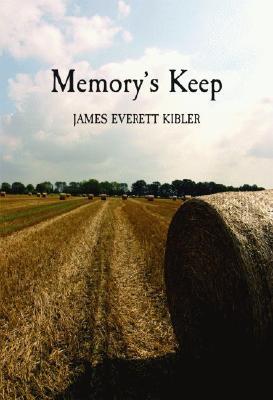Memory’s Keep
by James Everett Kibler
Gretna, LA: Pelican Publishing Co.;
221 pp., $22.00
A first-rate scholar is as rare as, or rarer than, a first-rate creative writer. Believe me, having hung out with professors for 45 years, I know whereof I speak. When a first-rate scholar is also a creative artist of merit, you have a national treasure, a real live example of what has become scarcer and scarcer—a man of letters.
James Kibler long ago showed his mettle as a literary scholar. With his novel Memory’s Keep, he has five creative works to his credit: two novels, a book of stories, a book of poetry—Poems From Scorched Earth—and a beautiful historical memoir, Our Fathers’ Fields. In choosing his literary territory, Kibler has followed Sherwood Anderson’s providential advice to Faulkner: Concentrate on your own little postage stamp of land. Kibler’s is in Upcountry South Carolina (Upcountry being a tradition-laden three-centuries-old term which now, unfortunately, our foreign-owned local media have replaced with the Upstate.)
Daringly, in Memory’s Keep, the author has taken up the human dimension of a major but little-known demographic fact of our time—the return of numerous black Americans, including many educated and prosperous folks, from the alien North to their Southern roots. Memory’s Keep begins with the friendship of the young white farmer Trig Tinsley and the elderly black farmer Mister Pink. But the story is primarily about Mister Pink’s children and grandchildren in their Northern diaspora and how, with the aid of memory and of Trig Tinsley, they begin to discover their healthy roots in the land.
Kibler has drawn a moving and a true portrait of people who once were lost but now are found. This signifies one group’s return to its native place as well as the universal need to return to what is natural and close to the earth. Kibler is consciously in the Southern Agrarian tradition and knows his patch and its people not only as they appear today but in historical, cultural, and ecological depth. If his muse does not desert him, his Clay Bank County, South Carolina, promises to become richly peopled and meaningful in the way of Faulkner’s Yoknapatawpha and Wendell Berry’s Port William.

Leave a Reply